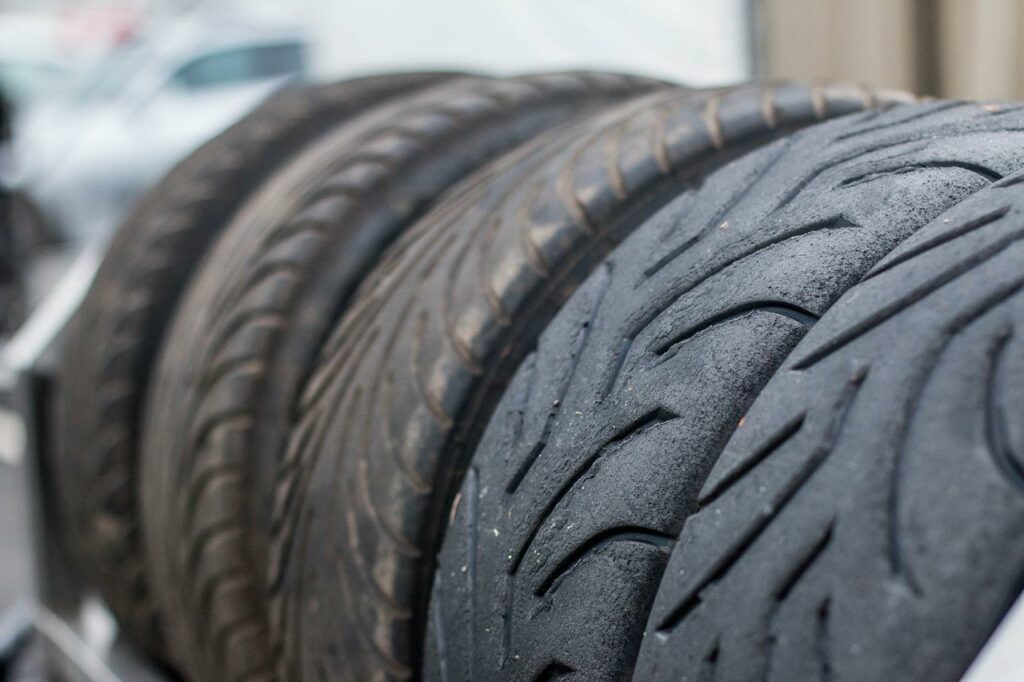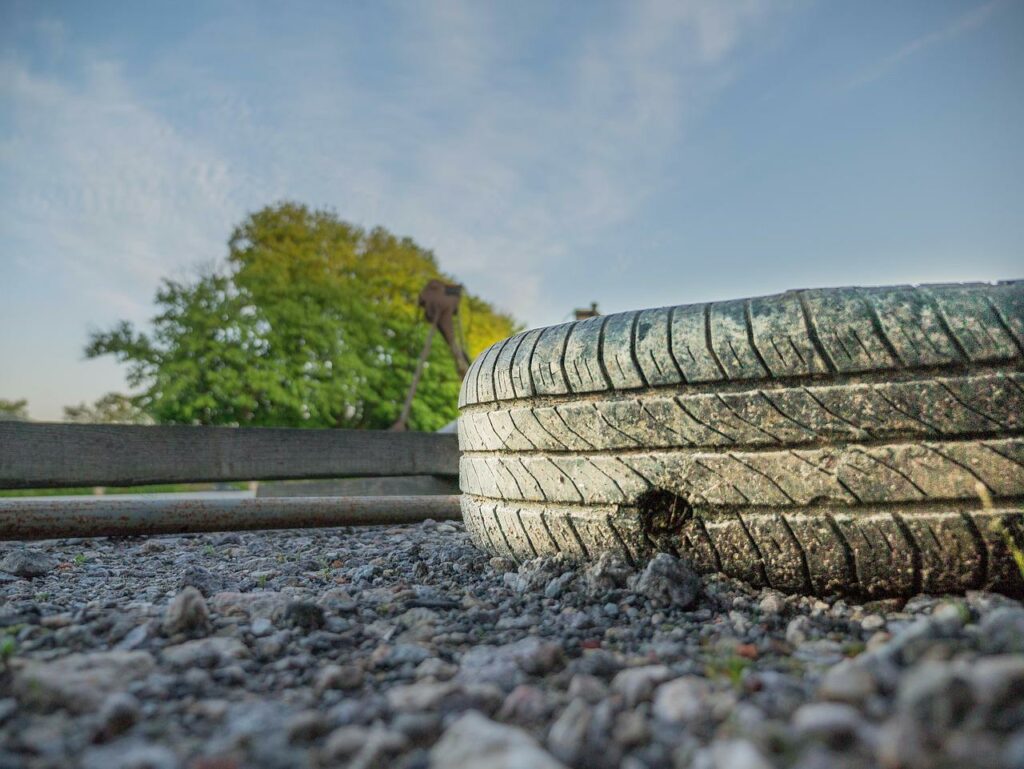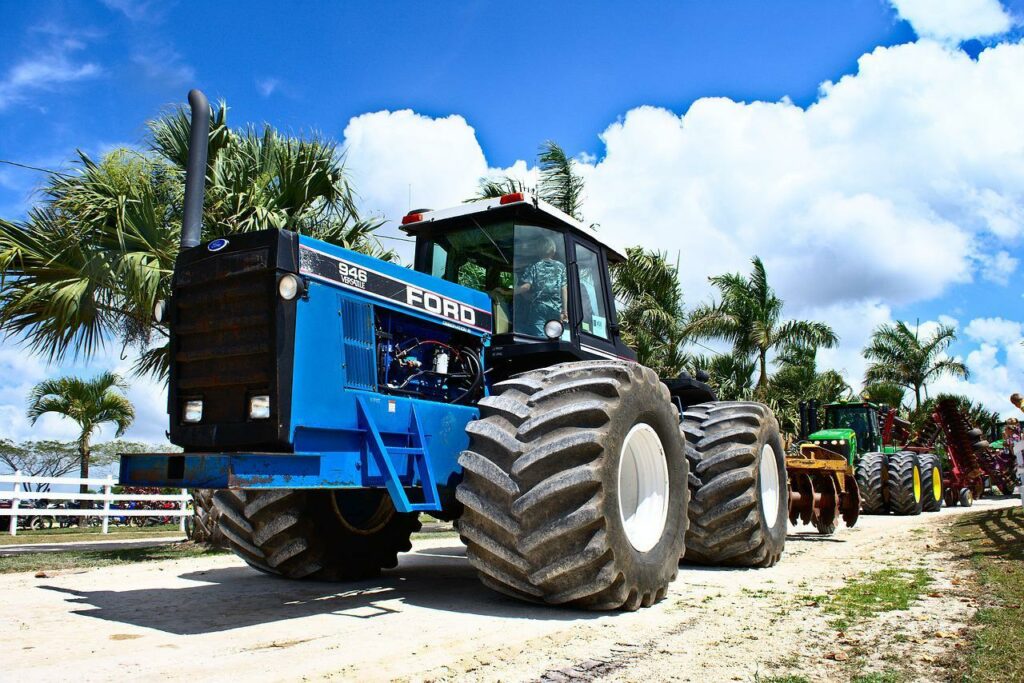Blog Details
- Home
- Industry Applications
- Blog Details
The tire industry is an industry of its own and is a huge industry, however, the Industrial Tires industry is still a very important aspect of this industry. The construction industry has seen many changes in technology and with the changes comes a need for better equipment. Construction equipment is constantly changing and adapting to new technologies and this also has a huge impact on the tires. You can feel the difference it makes while driving, but you can also see the difference it makes if you are working or walking on the site.
The construction industry has a lot of machinery and equipment to use. The machinery and equipment will have to be moved from one place to another, and that is where tires come in. More specifically, Industrial Tires will have to be used for construction sites because they are made to endure the construction site’s environment.
Importance Of Industrial Tires On Construction Sites:

Finding reliable sources for buying Industrial Tires can be a complicated one too. This type of tire is more commonly used with forklifts, tele handlers, and container handling equipment on job sites across the country. Operators of this kind of equipment can be rather demanding of their tires and will destroy most tires in an effort to maintain high productivity levels. If a company is able to distinguish itself from other sellers by being able to match the specs a customer needs, it has a better chance of picking up new business from existing clients and attracting new ones on top of that!
Tire Wear:
Tire wear is a fact of Industrial Tires. Rubber meets asphalt every day and it is necessary to find a balance between durability, reliability, and low-cost maintenance. Scrub-resistant compounds are crucial in those applications because they help extend the lifespan of your tires by resisting the interaction of your tires with curbs and railcars most especially when switching directions frequently at warehouse facilities and ports which happen on scheduled or unscheduled maintenance intervals to prevent unexpected downtime which can cost businesses tons of money!
Tread Type:
Tread patterns are very important when purchasing a tire for your forklift. Smooth Industrial Tires tend to be less expensive but they wear out quickly and may not give adequate traction, especially in wet conditions. When you need more traction, consider non-directional tread patterns that have small blocks arranged in straight lines across the pattern.

Off-highway tires are essential in many industries. They can be found on mining equipment, on rubber-tired gantries, and in other sectors, which need reliable tires that can handle lots of wear and tear. For these tires to be able to last a long while they must be specifically designed and manufactured by using compounds that can withstand difficult environmental factors like high temperatures or pressures – so the tread’s shape and material are just as important as its depth.
Minimizing Heat:
In facilities where containers are moved among ships, trains, and trucks, heat buildup is a significant risk due to constant movement, long workdays, and hot conditions. Working in such parts of warehouses, ports, or intermodal facilities also exposes individuals to dangers such as potential neck injuries caused by improperly handled cargo.
Most Common Construction Site Industrial Tires Issues:

Industrial Tires are among the hardest working components on wheeled equipment, whether that’s a vehicle used for hauling specific loads or a skid loader. Because tires are the part that supports all of the weight, as well as transporting any materials from one place to another, they work hard!
Inflation Issues:
Pneumatic tires can balloon when underinflated, increasing the risk of punctures, irregular wear, or poor performance. Overinflation reduces overall tire life and creates unnecessary stresses that generate heat and affect the handling of a machine.
Regularly checking your equipment’s tire pressure is one of the easiest ways to help tires last longer, improve efficiency on heavy machinery, and save money in fuel costs or production time when it’s time to replace them.
Load & Speed:

The speed and load index found on Industrial Tires‘ sidewall is a statement about that tire’s ability to travel at certain speeds and handle a certain amount of weight. Exceeding these limits can create excessive friction and heat which both contribute to premature wear or failure of the tire. For example, an overloaded tire or one driving above the maximum speed limit can cause rubber inside the tire to melt, reduce traction, and lead to blowouts.
Operator Behavior:
Operators are the primary cause of tire wear and improper tire pressure, weight capacity, and storage are easily fixed by driving correctly. One-way to help prevent this from happening too often is to know what other variables lead to tires wearing down prematurely in and out of an operation.
We can tell you that aggressive driving is a contributing factor to all these problems, as well as overloading vehicles with heavy loads – as well as running into avoidable obstacles like potholes or curbs when taking sharp corners at high speeds.
Conclusion:
Industrial Tires are necessary for the continued smooth operation of construction sites. When it comes to construction, your tires need to be up to the task at hand. Tires are the only point of contact between your construction equipment and the ground. Choosing the right tire is essential to performing your job.
Everyone knows the importance of tires. If your car or truck is to go anywhere, it needs to have a good set of tires. And the same goes for your construction equipment and tools. If you want to get work done, you need to have the right tools for the job. But tires are important for more than just vehicles. Industrial Tires can have just as big of an impact on the productivity of a construction site.

